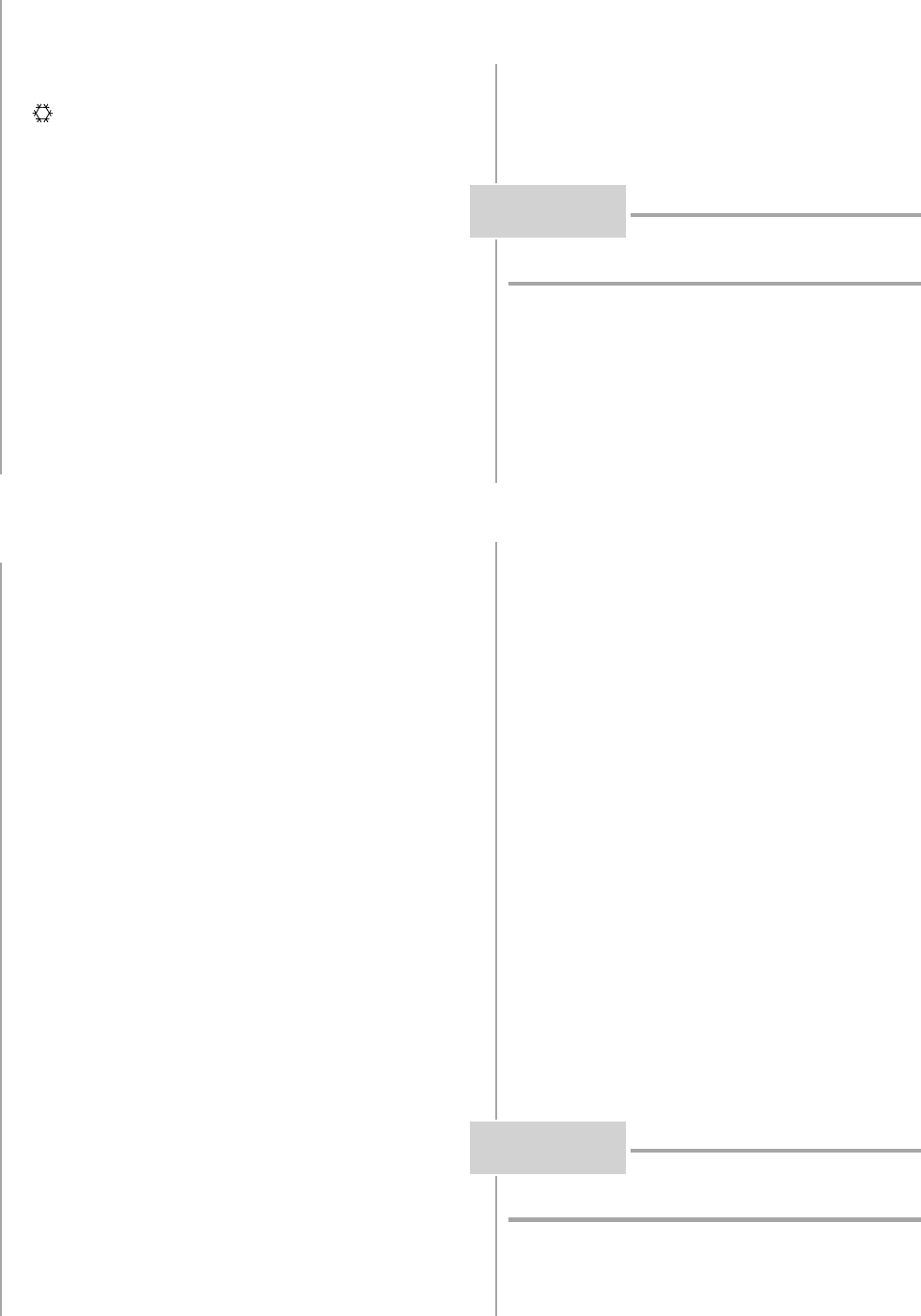
9
CLEANING / CARE
9.1 Care
To protect the paint finish, avoid placing objects
against or on the unit. The external parts of the heat
pump can be wiped with a damp cloth and
commercially available cleaning agents.
Do not use any cleaning agents
containing sand, soda, acid or chloride as these may
damage the surface.
To prevent malfunctions due to dirt deposits in the
plate heat exchanger of the heat pump, care must
be taken that the heat exchanger cannot become
contaminated in the heating installation. In the event
that operating malfunctions due to contamination
occur nevertheless, the system should be cleaned
as described below. (Caution: The fins of the finned
heat exchanger have sharp edges -> risk of cutting
injuries!)
9.2 Cleaning of Heating Side
The ingress of oxygen into the heating water may
result in the formation of oxidation products. An ad-
ditional contamination of the heating water caused
by residues of lubricating and sealing agents occurs
in many cases.
Both of the above causes may lead to a reduction in
the performance of the plate heat exchanger of the
heat pumps. In such cases, the installer must clean
the heat exchanger concerned. Based on information
known to date we recommend cleaning with a 5%
phosphoric acid solution or, in the case that cleaning
needs to be performed more frequently, with a 5%
formic acid solution. In both cases the cleaning fluid
should be at room temperature. Thorough flushing
is necessary to ensure that all cleaning agent
residues are removed from the system. It is
recommended that the heat exchanger be cleaned
in the direction opposite to the normal flow direction.
Owing to their acid content, flushing agents must be
used with caution. To prevent acidic flushing agents
from entering the heating installation when cleaning
the condenser, we recommend that the flushing
device be mounted directly to the supply and return
line of the heat pump. The regulations of the trade
associations must be adhered to. If in doubt, contact
the manufacturers of the chemicals!
To prevent consequential damage it
is imperative that the water circuit be neutralized
after cleaning using appropriate agents.
9
CAUTION!
CAUTION!
FUNCTIONAL DESCRIPTION
CLEANING / CARE
8.4 Cooling Function
Place switch (1) in position On (I) to put heat pump
into operation. The cooling mode can be
preselected by placing switch (2) to the Cooling
(
) position. The desired return temperature can
be set using selector dial (4), the relevant call for
heat is controlled by the potentiometer and lies
within a range of min. 12 °C and max. 25 °C. When
the preset temperature is reached, the heat pump
switches off. Once the return temperature exceeds
the preset value by 4 Kelvin, the heat pump
switches back on. The heat pump cannot be
restarted until a minimum time delay of 5 minutes
has elapsed. At a supply temperature of below
7 °C, the heat pump switches off.
To prevent condensate from forming on the
system in the case of surface cooling systems, it
is recommended that dew point monitors be
installed at critical places of the cold distribution
system and connected in lieu of jumper A1. In the
event that condensation should form, the cooling
operation of the system will be interrupted.
8.5 Domestic Hot Water Function
This heat pump can also be used for heating domestic
water.
The call for domestic water heating (and the domestic
water temperature) is controlled by terminal "X2-7"
by means of a thermostat to be provided by the client.
This thermostat connects phase (L) to terminal "X2-
7" and controls a reversing valve which is part of the
hot water switch group "N13".
A suitable thermostat is available as an accessory.
The call for domestic water heating may also occur if
no call for space heating exists. On a call for heat,
the control unit switches off the heating circulating
pump and the setpoint is set to maximum.
The water temperature is now controlled by the
external thermostat. After the domestic hot water
preparation has been terminated, the system
returns to the same function that was active before
the call.


















